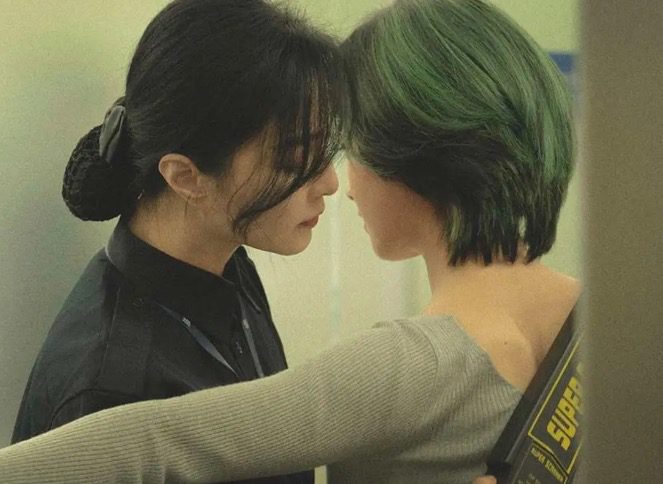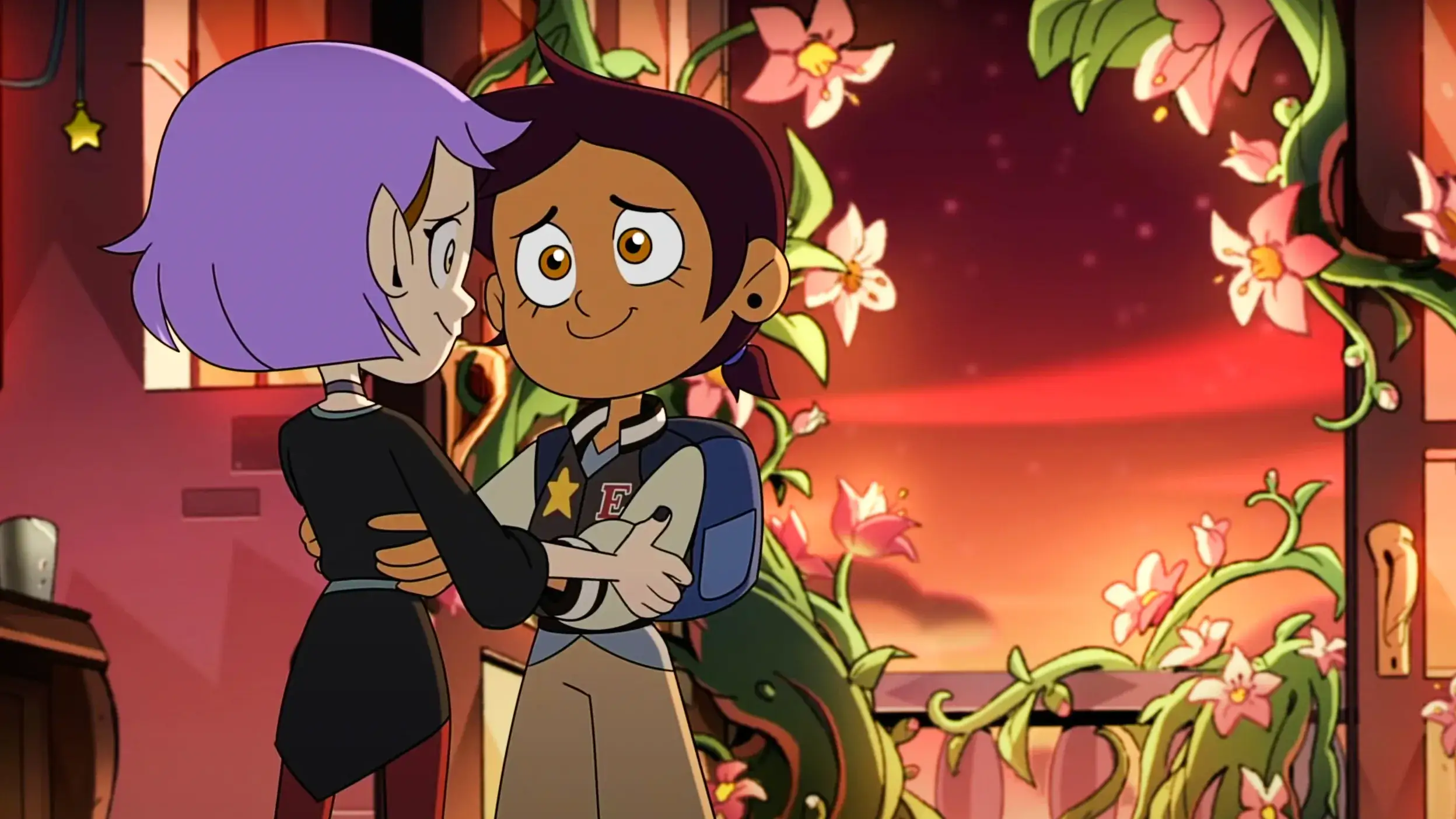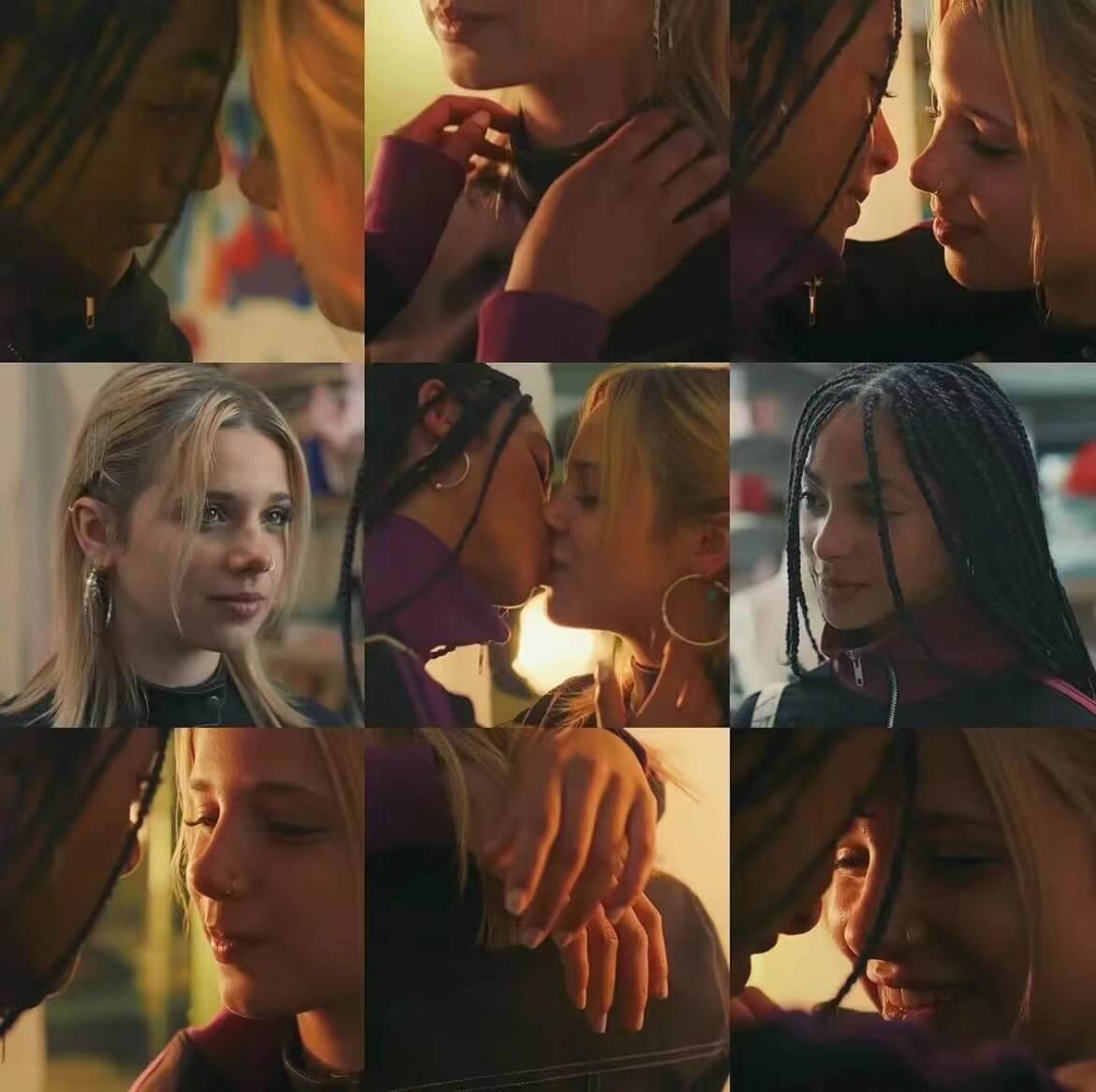Amidst the plethora of shows to choose from, Amazon’s streaming platform recently rolled out an intriguing comedy series – “Harlem”. Surprisingly, it hasn’t been dubbed as the “Black Sex and the City“, perhaps because the younger generation of viewers might not have acquainted themselves with “Sex and the City”, or perhaps because describing it as the “Black version” feels inappropriately reductive. Nonetheless, there’s an uncanny similarity.

At its core, “Harlem” revolves around four distinct women, exploring the challenges and joys of life in a metropolis. It touches on love, career, family, and, most importantly, the friendship binding these women. Given its title and the African-American ensemble, the series inevitably showcases unique dilemmas inherent in Black women’s lives.
Camile thought she had her ‘forever’ with Ian, until ambitions pulled them apart. Five years down the line, seeing him with another woman makes her question her past decisions, a sentiment many can relate to. That gnawing “what if” which often lingers when one ponders over choices made for love or career.
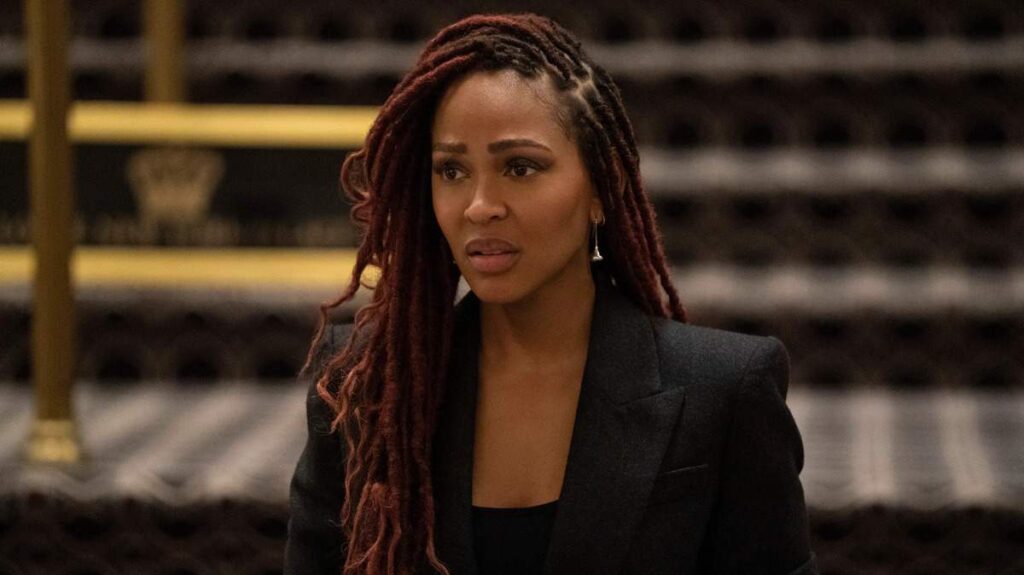
Tye, having grown up in a conservative area and then venturing into the vibrant life of New York, epitomizes the essence of “finding oneself”. As a Black lesbian entrepreneur, she created a dating app specifically for LGBTQ+ people of color, understanding the intricacies of being a minority within a minority. But love isn’t all rosy; her romance with Anna, a white woman, brings forth conflicts of principles and identity.
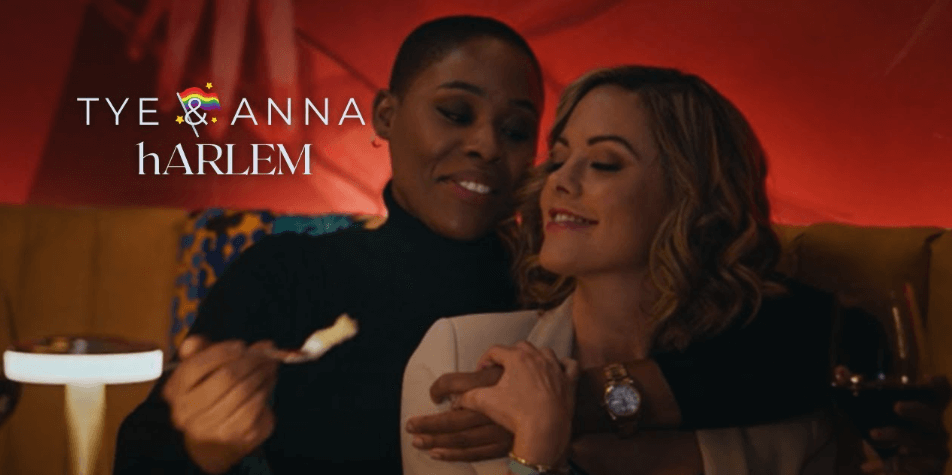
Quinn once was the poster girl for a successful career in investment banking. But her pursuit of passion over paycheck leads her into the world of entrepreneurship and the scrutiny of her affluent parents. On the romantic front, her newfound feelings for a woman set her on an introspective journey.
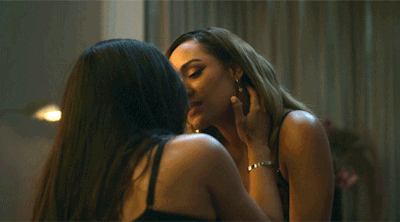
Angie grapples with a stagnant singing career and compromises she’s had to make. Her struggles, while relatable, also shed light on challenges unique to Black artists in an industry that often misrepresents them.
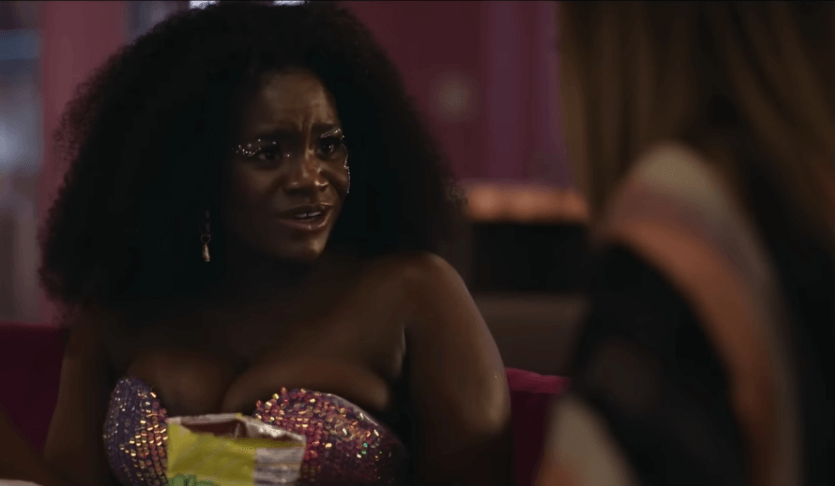
Now, it’s easy to dismiss some of their problems as “first world problems”. But the fact that these are stories of Black women, already facing a set of unique challenges, makes one wish the series delved deeper into the issues rather than just skimming the surface.
However, despite its shortcomings, “Harlem” offers an enjoyable, light-hearted experience. Its portrayal of Black womanhood is refreshing, and it stands as a commendable addition to the genre of women-centric shows.For those keen on exploring shows that paint a vivid picture of friendship, love, and the distinctive challenges of Black women, “Harlem”, led by talents like Jerrie Johnson, should definitely be on your watchlist.
